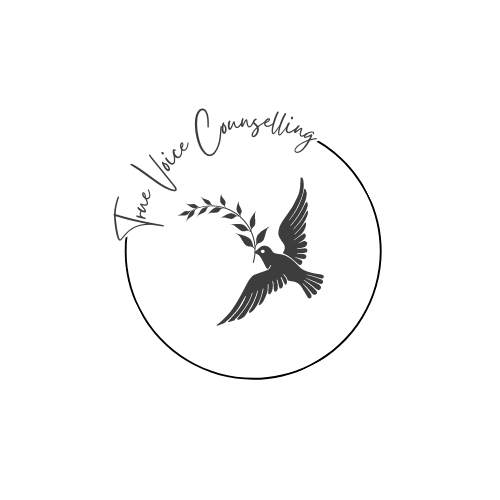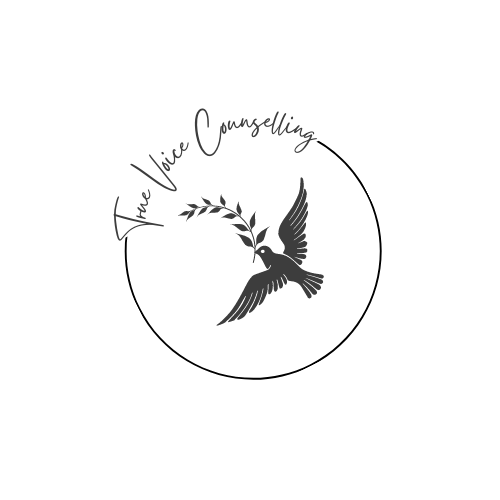Why Therapy
I was out running today, thinking about how good it feels to move my body, get some fresh air, and have the space to reflect. I come up with my most creative ideas while running. I think it’s because I am bored and have no distractions. I can focus on my inner world, let my mind go, and see where it takes me.
This experience reminded me of how often people say running is their therapy. Or for that matter, yoga, reading, watching films, and so on are their therapy. I get it; doing these things feels good, and people call it ‘therapy’. But can these things be considered therapy? Here are my thoughts….
Running, yoga, reading, watching films, and any other hobby or activity can have therapeutic benefits. They can build self-esteem. They can help support overall health. They can foster a sense of community. However, there is a difference between therapeutic and therapy. Let me explain, with an analogy, why therapy tends to be the go-to for healing.
You brush your teeth frequently to prevent cavities, gingivitis, and bad breath, right? You do this to maintain the health of your mouth and avoid issues that could result in painful dental procedures. Brushing your teeth for biological health is similar to running for physical health; both contribute to your overall health. However, even if you brush your teeth daily, you might still get cavities or experience other issues due to genetics or other factors. In this case, you’d need to go to the dentist so that someone with the education, training, and practical skills can address these problems and help you heal the issue. You wouldn’t expect yourself to know how to diagnose your mouth or pull out a tooth.
You might see where I am going with this. Even though therapy mainly addresses a person's mental and emotional spheres, your physical health and context are also a part of your overall health and impact on these spheres. So, of course, running would help, but it cannot heal your mental or emotional problems. Additionally, you can’t heal all that on your own. Healing requires a trusted relationship so that someone can support you as you navigate your inner world. You wouldn’t go to a dentist for your depression, as it wouldn’t address the root of the problem (no pun intended). So why would you go to the gym to manage your depression?
So, why therapy? A few reasons….
We aren’t meant to heal alone.
Sure, you can heal yourself, but you cannot heal yourself on your own. Therapists aim to balance giving you enough autonomy to allow your inherent healing process to unfold while also holding you through this process with empathy, care, feedback, education, and clinical skills. It’s essential to be the authority on your life and avoid going commando. If you think you know it all and never question or challenge yourself, then you’ll be at risk of deluding yourself into thinking you have it all under control inside yourself and that you’re beyond needing support. We all need help because we have blind spots, limitations, and ways of protecting ourselves that can work so well at times that they evade even us. That’s why we need both: we need to choose to heal and trust our process, and we need others to support and guide us as we do that.
Therapy offers a unique relationship.
There is no relationship quite like the therapeutic relationship. You meet once a week for 50 minutes and are meant to share the details of your life at a depth you’ve probably never gone to before. And through your sharing and your therapist’s responses to you, you build trust with your therapist. There is a quality of presence and attention that you may have never experienced in your life. The therapist is there just for you and for what you need. They know how to help you navigate your healing process. They have the skills to offer different ways of relating to yourself and others, using how you relate to them and how they feel with you as information that can provide insight into the issues and the solutions you’re seeking.
Healing requires sorting through what hurts to discover what doesn’t
Often, we come to therapy to address deep hurts and traumas. The deeper the pain, the more extended therapy tends to be. Not because you’re so broken or the therapist wants to take all your money. It’s that trauma and pain lead to self-protection - a psychological and physical armour that needs to be tended to before the more profound work can happen. Building up a sense of trust and safety with your therapist takes time when trauma has made you experience people as unsafe and untrustworthy. A therapist is there to help you get to know your ways of self-protecting, gradually helping you find other ways of regulating your emotions and encouraging you to take some risks to grow your trust in your therapist. Getting past these barriers paves the way to finding the inner resources you need to feel better while creating a space to have relational experiences that don’t hurt but heal.
I don’t think that therapy is the only way people heal. There are many ways because many things can be therapeutic. Furthermore, healing is a complex process facilitated and influenced by many factors. Anything that helps the other spheres of your life will have a knock-on effect on the others. At the same time, there is nothing quite like therapy for healing inner wounding. After all, that’s what it’s for.

